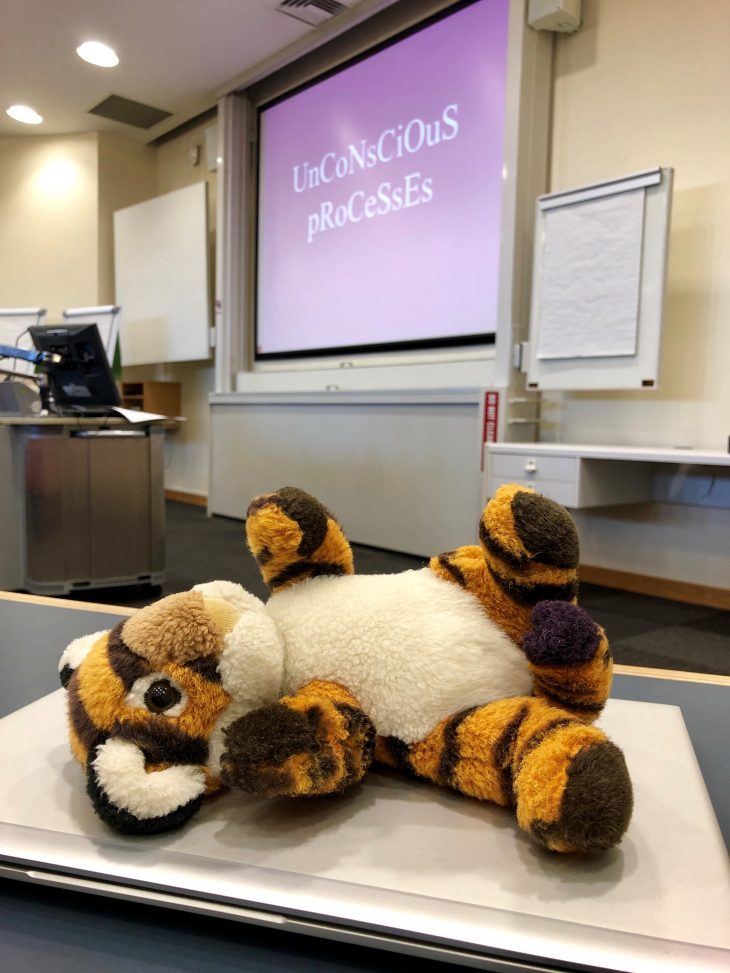
How to survive in your studies – in or out of the Corona crisis
Even though we are all living in exceptionally challenging times at the moment, being a full-time student is a challenging time in itself. Any new phase in life brings its own challenges, and starting a full-time degree is certainly one of them. Irrespective of the Corona crisis, how do you survive this time in your life?
Understanding what you are studying and why is probably the first step. Of course, you have already chosen your study path by applying to the programme where you are currently studying. However, you should still evaluate your choice as many times students question whether they have made the right choice of study field, or even location to study. It is not too late if you feel that you should do something or be somewhere else. The main thing is that you are happy with your chosen field and place of study. If you are not sure, explore your options and talk to your studies coordinator, you might be missing something in your current studies.
Success in studies not only depends on being happy with your choice, but also that you plan well for the duration of the studies. Planning takes into account not only the studies themselves, timetables, deadlines, etc., but also training periods, the possibility for going on exchange, and the final thesis, even the future career you would like to have. During the first semester of studies is the best time to start thinking about these things as they will creep-up on you sooner than you expect! Remember you can also plan for speeding up your studies by taking some courses from other programmes or online offerings to substitute upcoming courses or even start your training part-time during the normal semesters.
I have written before about how students need to take the responsibility for their own studies. Being attentive to what is required of your studies and the courses in general, is key to owning your studies. Remember that lecturers are there to facilitate your learning, but it is up to you to actually learn – the fact that you are a student should mean that you at least want to learn something! Also remember that help and support is available not only from lecturers, but study and programme coordinators, student affairs offices, student tutors, and even your fellow students. You are not alone in your studies.
Don’t procrastinate when it comes to deadlines, enrolments, or planning. Ensure that you know what you are doing and when you should be doing it. It comes back to planning your time and getting a good study-life balance.
Being a student does not mean that you need to only sit and study for the duration of your degree, ignoring all else that is happening around you. You should be planning your life around your studies as well. It helps to understand where your studies are leading you so that it is a part of your life journey rather than a separate entity. As with any phase in life, it shapes who you are, and brings challenges that need to be overcome. Needing to adapt and accept your studies as part of your daily life and routine is an important realisation.

An especially important part of any student’s time during their studies is the social aspect. Making friends is of course a natural part of belonging to any social group. Remember that making friends as a student does not only mean frequenting drinking establishments with fellow students – you might not even remember them the next day – but also taking part in sports and other activities arranged by the university or having a shared hobby, you already have a shared existence being a student. It is important to get to know your fellow students and their interests, you never know what you might have in common or what new experiences might come your way.
Also get to know students from other programmes and especially take advantage of meeting international students or going on exchange. Many friendships and relationships are formed during student life, and sometimes these are international. International friendships and relationships bring with them their own challenges, but they are undeniably rich experiences. I have seen many visiting international students stay or return to Finland, or those from Finland return to their exchange country after their studies to visit friends or even to take their relationships to the next level. One of our main human principles is to foster international relationships and it is important that you are a part of that!
So, whether you are a full-time day student attending lessons on campus, blended learning part-time student, or study completely through an online programme, the challenges are certainly there and also have their own particular aspects, but they are not impossible to overcome. It depends on your willingness to try your best, make the most of your life as a student, and remember to ask for help wherever you need it.
Enjoy your studies, you never know where they will take you…
- First impressions last – dress to impress for an interview - 15th November 2024
- If we had true unity, could Europe be run like a Business? - 27th September 2024
- BIP – Rijeka, Croatia - 13th September 2024
